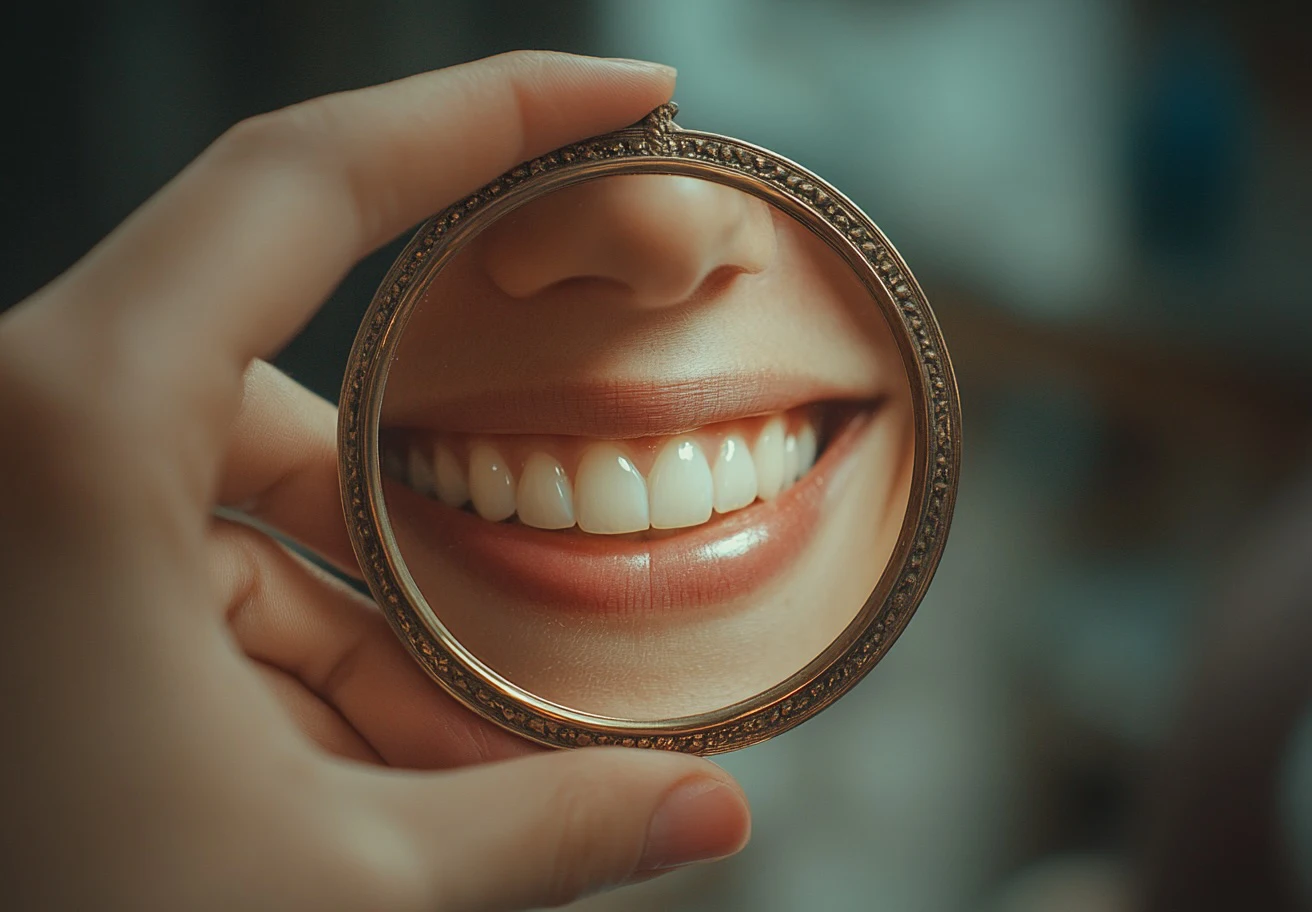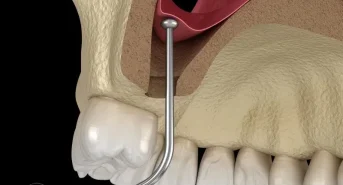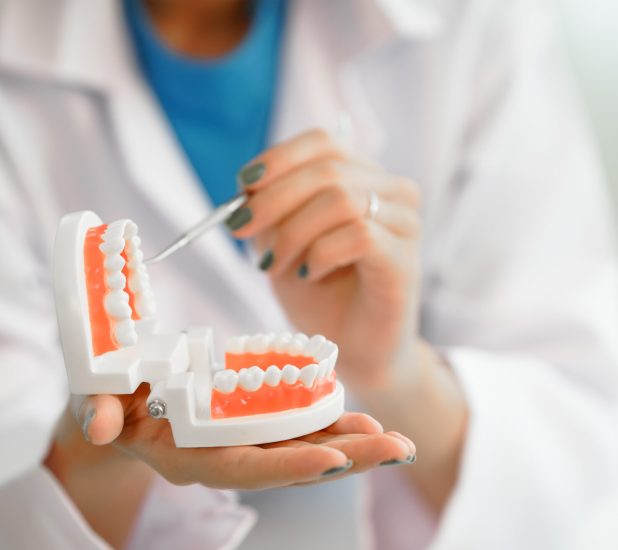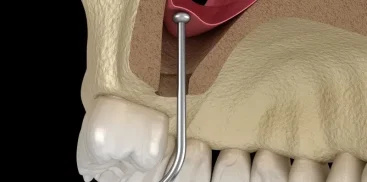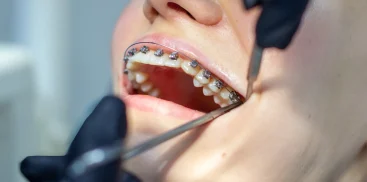Dental veneers are a popular cosmetic dentistry solution that can dramatically improve the appearance of your smile. These thin, custom-made shells of tooth-colored materials are designed to cover the front surface of teeth, enhancing their color, shape, size, or length.
If you’re considering veneers to transform your smile,in this comprehensive guide, we will provide you with essential information, including benefits, procedures, costs, and frequently asked questions.
What Are Dental Veneers?
Dental veneers are ultra-thin, custom-made shells of tooth-colored materials designed to cover the front surface of teeth to improve their appearance. They are permanently bonded to the teeth, creating a natural, attractive look. Veneers can be made from porcelain or composite resin materials, with porcelain being the most popular choice due to its durability and natural appearance.
Types of Dental Veneers
There are two main types of dental veneers:
1. Porcelain Veneers: These are more durable, stain-resistant, and natural-looking. They typically last longer than composite veneers.
2. Composite Resin Veneers: These are less expensive and can be applied in a single visit. However, they may not last as long as porcelain veneers and are more prone to staining.
Benefits of Dental Veneers
Dental veneers offer numerous benefits, making them an attractive option for many patients:
1. Improved Aesthetics: Veneers can dramatically enhance your smile by correcting issues such as discoloration, chips, cracks, or gaps.
2. Minimally Invasive: Compared to crowns, veneers require less tooth structure removal.
3. Stain Resistance: Porcelain veneers are highly resistant to staining, maintaining their bright appearance for years.
4. Customization: Veneers are custom-made to match the color and shape of your natural teeth, ensuring a seamless blend.
5. Boost in Confidence: A beautiful smile can significantly improve self-esteem and social interactions.
The Dental Veneer Procedure
The process of getting dental veneers typically involves several steps:
1. Consultation and Planning: Your dentist will examine your teeth and discuss your goals to determine if veneers are the best option for you.
2. Preparation: A small amount of enamel is removed from the tooth surface to accommodate the veneer.
3. Color Selection: Your dentist will help you choose the most appropriate shade for your veneers.
4. Fabrication: Custom veneers are created in a dental laboratory based on impressions of your teeth.
5. Bonding: The veneers are permanently attached to your teeth using special dental cement and light beam.
Caring for Your Dental Veneers
To ensure the longevity of your veneers, follow these care tips:
1. Maintain good oral hygiene by brushing twice daily and flossing regularly.
2. Avoid biting on hard objects or using your teeth as tools.
3. Wear a nightguard if you grind your teeth.
4. Schedule regular dental check-ups and cleanings.
Costs of Dental Veneers
The cost of dental veneers can vary depending on several factors, including the type of veneer, the number of teeth being treated, and the location of the dental practice. At Warsaw Dental Center, as of October 2024, the prices for veneers are as follows:
– Porcelain veneer: 3200 PLN per tooth
– Composite veneer: 1000 PLN per tooth
It’s important to note that these prices are subject to change, and it’s always best to consult with the dental center directly for the most up-to-date pricing information. Dental veneers are typically considered a cosmetic procedure and may not be covered by dental insurance. However, many dental practices offer financing options to help make the treatment more affordable.
When considering the cost of veneers, it’s crucial to factor in their longevity and the value they provide in terms of improved aesthetics and confidence. While the initial investment may seem significant, the long-term benefits often outweigh the costs for many patients.
Frequently Asked Questions
1. How long do dental veneers last?
Porcelain veneers can last 10-15 years or more with proper care, while composite veneers typically last 5-7 years.
2. Are veneers reversible?
No, the process is not considered reversible because a thin layer of enamel must be removed to accommodate the veneer.
3. Will veneers make my teeth sensitive?
Some patients may experience temporary sensitivity to hot and cold following the procedure, but this typically subsides within a few days.
4. Can veneers stain?
Porcelain veneers are highly resistant to staining. However, the cement used to bond them can discolor over time, potentially affecting the overall appearance.
5. Are there any food restrictions with veneers?
While veneers are strong, it’s advisable to avoid excessive force on them. Avoid chewing ice, hard nuts, candy apples, and popcorn kernels.
Expert Insights from Warsaw Dental Center
At Warsaw Dental Center, Dr. Natalia Rogulska specializes in aesthetic dentistry, including the application of dental veneers. She emphasizes the importance of a holistic approach to patient care, focusing on precision and attention to detail. Dr. Rogulska’s expertise in cosmetic dentistry ensures that patients receive top-quality care and achieve optimal results with their veneers.
Dr. Aleksandra Kostrz, another expert at the center, stresses the significance of interdisciplinary planning and digital dentistry in achieving optimal results for patients considering veneers. Her approach combines advanced technology with a deep understanding of dental aesthetics to create beautiful, natural-looking smiles.
The Importance of Choosing the Right Dentist
When considering dental veneers, selecting the right dentist is crucial. Look for a professional with extensive experience in cosmetic dentistry and a portfolio of successful veneer cases. The dentists at Warsaw Dental Center, like Dr. Rogulska and Dr. Kostrz, have the expertise and artistic eye necessary to create stunning, natural-looking results.
Preparing for Your Veneer Consultation
Before your consultation, consider the following:
1. Identify your smile goals: What specific aspects of your smile do you want to improve?
2. Research veneer types: Understand the differences between porcelain and composite veneers.
3. Prepare questions: Write down any concerns or questions you have about the procedure.
4. Bring photos: If you have images of smiles you admire, bring them to your consultation.
The Veneer Design Process
Creating the perfect veneers involves a collaborative process between you and your dentist. Modern dental practices often use digital smile design technology to show you a preview of your new smile before the veneers are even created. This allows for adjustments and ensures you’re completely satisfied with the planned result.
Maintaining Your New Smile
After getting veneers, maintaining good oral hygiene is crucial. Here are some additional tips to keep your new smile looking its best:
1. Use a non-abrasive toothpaste to avoid scratching the veneer surface.
2. Consider using an electric toothbrush for thorough, gentle cleaning.
3. Avoid excessive alcohol consumption, as it can weaken the bonding material over time.
4. If you play sports, wear a mouthguard to protect your veneers from impact.
5. Visit your dentist regularly for check-ups and professional cleanings.
Alternatives to Dental Veneers
While veneers are an excellent solution for many, they’re not the only option for improving your smile. Depending on your specific needs, your dentist might recommend alternatives such as:
1. Teeth Whitening: For mild discoloration, professional whitening can be an effective and less invasive option.
2. Dental Bonding: This can be a good choice for minor chips or gaps.
3. Orthodontics: For alignment issues, braces or clear aligners might be more appropriate.
4. Dental Crowns: For teeth with significant damage or decay, crowns might be a better solution.
Your dentist will discuss these options with you to determine the best treatment plan for your unique situation.
The Future of Dental Veneers
As dental technology continues to advance, we can expect to see improvements in veneer materials and application techniques. Some emerging trends include:
1. Digital Fabrication: CAD/CAM technology is making veneer production faster and more precise.
2. Thinner Veneers: New materials allow for even thinner veneers, requiring less tooth preparation.
3. Improved Longevity: Ongoing research aims to develop veneers that last even longer than current options.
4. Bioactive Materials: Future veneers may incorporate materials that help prevent decay and promote oral health.
Final thoughts
Dental veneers offer a transformative solution for those seeking to enhance their smile. With proper care and maintenance, veneers can provide a long-lasting, beautiful result. If you’re considering veneers, consult with a qualified cosmetic dentist to determine if they’re the right choice for you. Remember, a stunning smile is not just about aesthetics – it can boost your confidence and improve your overall quality of life.
The team at Warsaw Dental Center, including specialists like Dr. Natalia Rogulska and Dr. Aleksandra Kostrz, are well-equipped to guide you through the process of getting veneers. Their expertise in aesthetic dentistry, combined with state-of-the-art technology, ensures that you’ll receive top-quality care and achieve the smile of your dreams.
Whether you’re looking to correct discoloration, chips, gaps, or simply want to refresh your smile, dental veneers could be the solution you’ve been searching for. With the current pricing at Warsaw Dental Center (as of October 2024) and the potential for financing options, transforming your smile might be more accessible than you think.
Take the first step towards your new smile by scheduling a consultation with a cosmetic dentistry expert. They can provide personalized advice, address any concerns you may have, and help you decide if dental veneers are the right choice for your unique situation.
Remember, investing in your smile is investing in yourself. A beautiful, confident smile can open doors, boost your self-esteem, and positively impact various aspects of your life. With dental veneers, you’re not just enhancing your teeth – you’re enhancing your overall quality of life.
Sources for Further Research
American Academy of Cosmetic Dentistry: https://aacd.com/
Journal of Prosthetic Dentistry: https://www.thejpd.org/
American Dental Association: https://www.ada.org/
International Journal of Esthetic Dentistry: https://www.quintessence-publishing.com/deu/en/journals/ijed
Healthline: https://www.healthline.com/health/dental-veneers
National Center for Biotechnology Information: https://www.ncbi.nlm.nih.gov/
Remember, while this article by Warsaw Dental Center provides comprehensive information about dental veneers, it’s essential to consult with our specialist dentists for personalized advice and treatment options tailored to your specific needs.
